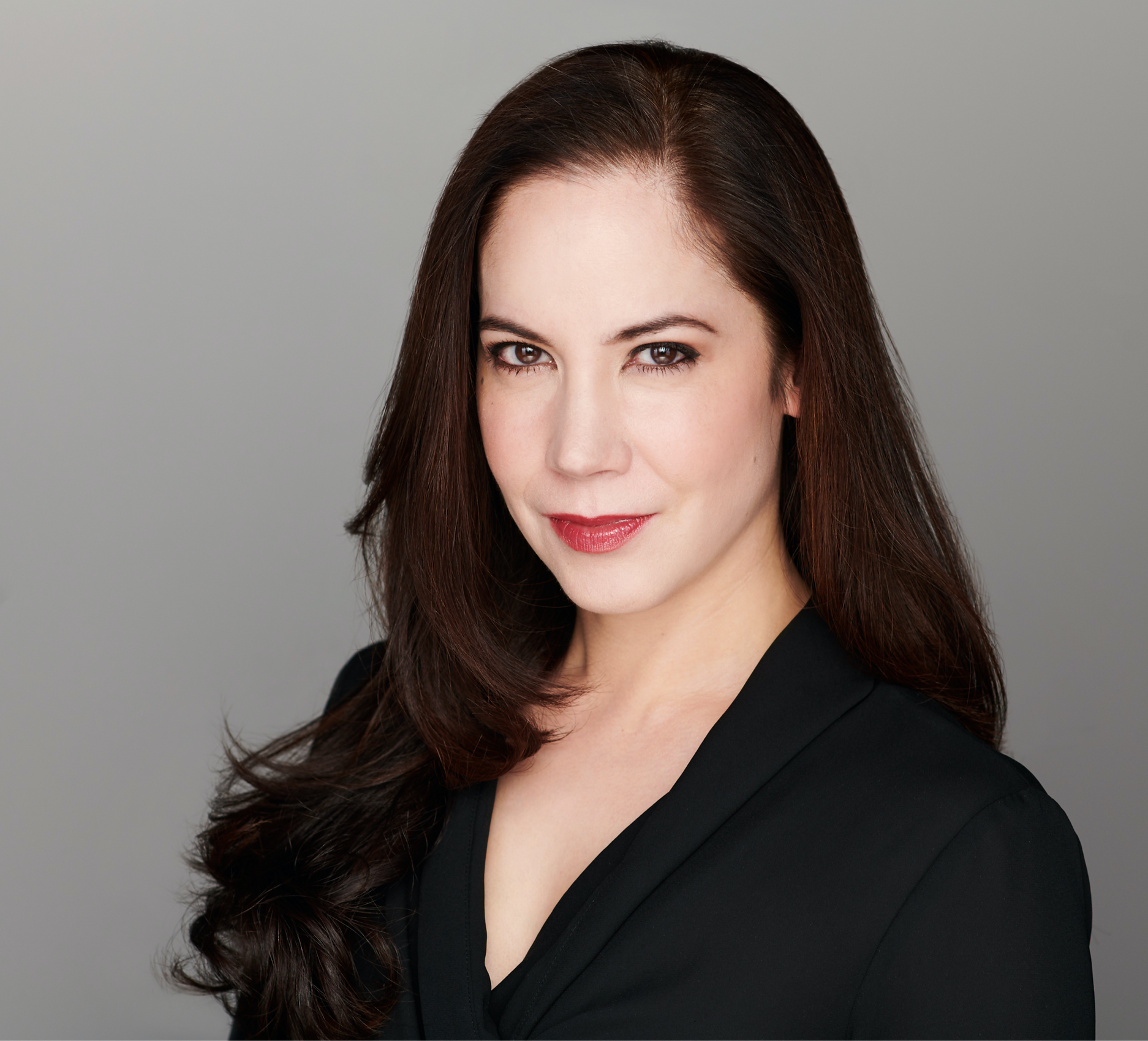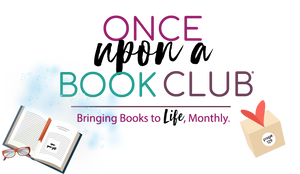
Meet Karin Tanabe
Karin Tanabe is the author of seven novels. A former Politico reporter, she is a frequent contributor to The Washington Post Book World. Her writing has also appeared in the Miami Herald, Chicago Tribune, and Newsday. She has been featured as an entertainment, style, and politics expert on Entertainment Tonight, CNN, and CBS Early Show. Karin is a graduate of Vassar College and lives in Washington, D.C.
The Gilded Years is currently optioned for a movie titled "The White Lie". Reese Witherspoon and Lauren Neustadter via their Hello Sunshine banner are set to produce the film, and an announcement was made that Zendaya will portray the lead character, Anita Hemmings.
Karin Tanabe was featured in the August 2016 Adult box for her novel, The Gilded Years. The box hint was "A Secret Life".
A Conversation with Karin Tanabe
In October 2016, author Karin Tanabe sat down on an Instagram post with Once Upon a Book Club and their readers to discuss The Gilded Years, her writing process, and more. Please enjoy the following transcription of that conversation as it was written on the Instagram comments on that day. Enjoy!
Hi Karin! It’s so great to chat with you! Did you personally like Lottie when you wrote about her? Obviously most people didn’t like her much in the end, but what did you think about the character? What were you trying to portray?
Karin Tanabe (KT): Thanks so much for having me! I wanted Lottie to be a very modern woman. Dynamic and smart with a liberal view of women in the world. The women going to college during that era really were trailblazers, and I envisioned her leading the pack, which makes her deception all the more heartbreaking.
During the process of writing this book, did anything you normally do help add detail to scenes in the book?
KT: Though it was my first historical fiction book, I did stick pretty solidly to my normal writing routine, but I allowed myself months more research. And reading books written during the era really helped me get the language right and hopefully avoid anachronisms!
Could you tell us how you became interested in/inspired by Anita to write this story?
KT: I actually learned about Anita when my parents made me clean out my childhood bedroom in their house! I found an old college alumni magazine from 2001 and there was an article about Anita Hemmings in it and her beautiful face on the cover. It was 2014 when I found it and as soon as I read about her, I wanted to write the book. Her dogged determination to get the education she deserved was so inspiring.
The timing of this book seemed very appropriate as race relations in the USA have seemed to be at the forefront of the news. Was that a factor that you considered when writing/publishing this book?
KT: What a relevant question! When I started writing this book in 2014, I really wondered about the subject matter resonating with people. It was before the Black Lives Matter movement and though race had started to figure more prominently into the national conversation, it wasn’t like it is today. Then as I was writing, race moved more and more into the conversation and Anita’s story felt more modern (unfortunately) and even more important.
Will you tell us about some of your favorite or the most remarkable historical artifacts/sources you came across while researching the novel?
KT: The most interesting and eye opening things I found were the letters between the real Lottie Taylor and the Vassar president in 1924. To see how racist she still was a generation later was very sad but important for the book. Also really interesting was how helpful the phone books of the era were. They used to mark people's race in the phone book! And the census reports helped me immensely, too.
I found it interesting to read about the strong desire Anita and her husband had to AVOID living a life of "passing" after their marriage in the book. But they ultimately decide to live as white in New York. Can you elaborate on the events that may have lead to their decision?
KT: So very sadly, from what I know about Anita and Andrew, after they got married they moved to Tennessee where Andrew had lived before and practiced medicine as a black doctor. Once there, they were the victims of some pretty serious racism which I'm guessing was jarring for Anita. Not to say that Boston was perfect in The Gilded Age when it came to race relations, but I do think it was more progressive than Tennessee. From what I've read, the racism they experienced influenced their decision to then move up north and pass again.
What are some of your favorite historical novels?
KT: So many good ones to choose from. Some classic favorites are The Remains of the Day and The Poisonwood Bible. More recently, I loved The Yonahlossee Riding Camp for Girls and The Kitchen House.
Featured Books
The Gilded Years
Since childhood, Anita Hemmings has longed to attend the country's most exclusive school for women, Vassar College. Now, a bright, beautiful senior in the class of 1897, she is hiding a secret that would have banned her from admission: Anita is the only African-American student ever to attend Vassar. Featured in August 2016.





